What would 1970s cinema be without Sidney Lumet? Come to think of it, what would New York City cinema be? Alongside director Martin Scorsese, director Sidney Lumet is perhaps the best-known symbol of “1970s New York City film realism.” What a big descriptor. But then this talented director did big things. And while the world lost a phenomenal filmmaker with his passing in 2011, Lumet’s gritty, touching, and truly “human” New York City stories live on. Cue Serpico (1973), Dog Day Afternoon (1975), and Network (1976). These are just a few.
Nominated for five Oscars, and winning an Oscar for Lifetime Achievement in 2005, Lumet won’t soon be forgotten. Ask anyone for a list of their favorite “New York City” movies from the 1970s. Almost guaranteed it includes a Lumet flick. Which makes us wonder, what movies did Lumet once love? And what would he recommend to friendly cinephiles if he were still alive today? Below are a handful of Lumet’s favorite films.
1. Citizen Kane (1941)

Not to be kept off any “Favorite Films” list, Citizen Kane asserts itself as a three-time “hat trick.” It’s appeared in our Martin Scorsese and Steven Spielberg favorite lists. What more can be said about the film? If you are one of the rare cinephiles who have yet to watch this massively popular classic, you’ll see that Citizen Kane is an innovative masterpiece in debatably all areas of filmmaking – storytelling, cinematography, acting. You name it. Orson Welles co-wrote the script, directed and produced the film, and acted in it. It’s a tale about an elderly publishing tycoon, Charles Foster Kane, who utters a mysterious word on his deathbed – “Rosebud.”
What does it mean? And why does he say it? Watch as the people who capture his final word aim to decipher it. Riveting and complex, Citizen Kane keeps us glued to the couch.
2. Casablanca (1942)
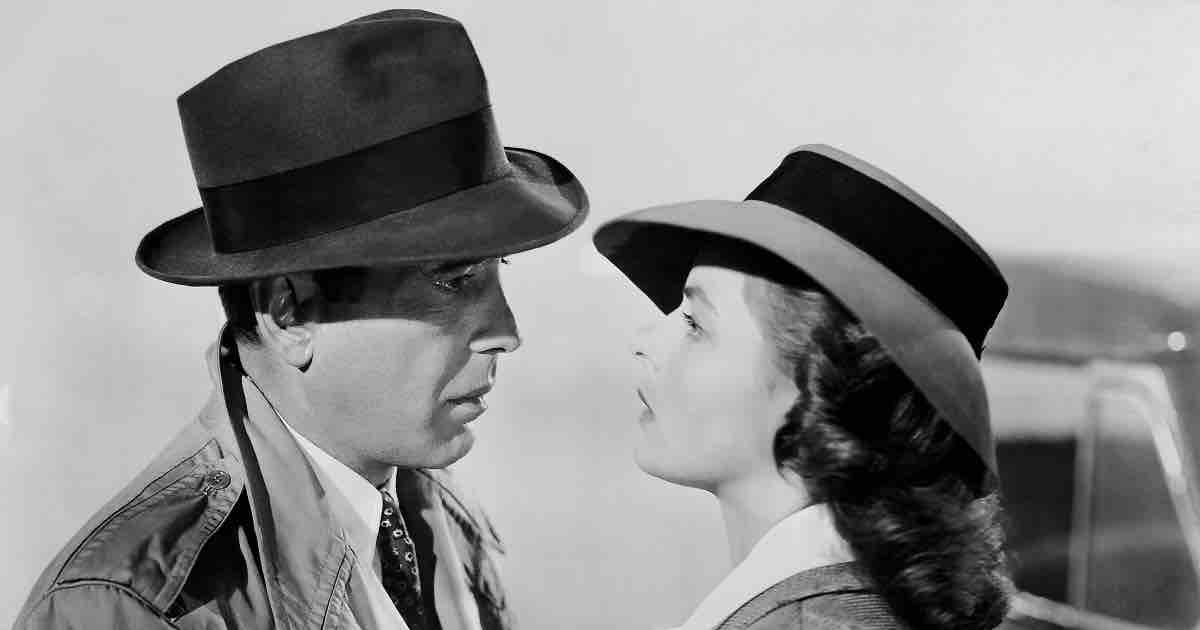
It’s easy to see why Lumet loved Casablanca. This film has an undeniable, charismatic “realness.” Belonging to that elite upper echelon of A-list movies such as Citizen Kane (1941) and Gone With the Wind (1939), Casablanca is a master class in filmmaking. It’s a beautifully shot black-and white-noir, filled with high stakes World War II political intrigue, a heartbreaking love triangle, and an exotic setting of Casablanca, Morocco. Think shadowy palm trees and one nightclub called “Rick’s Café Américain.” Starring Humphrey Bogart as the nightclub owner, Rick, who has two surprising guests arrive at his club one day, former lover Ilsa and her fugitive husband Victor (played by Ingrid Bergman and Paul Henreid respectively), Casablanca is a tale about undying love, loyalty, sacrifice, and survival.
Will Rick help his former lover and her husband escape to America? Hmmm. Bonus – Casablanca is chock full of memorable one-liners still quoted today. Think “Here’s looking at you, kid” and “We’ll always have Paris” and more.
3. The Best Years Of Our Lives (1946)
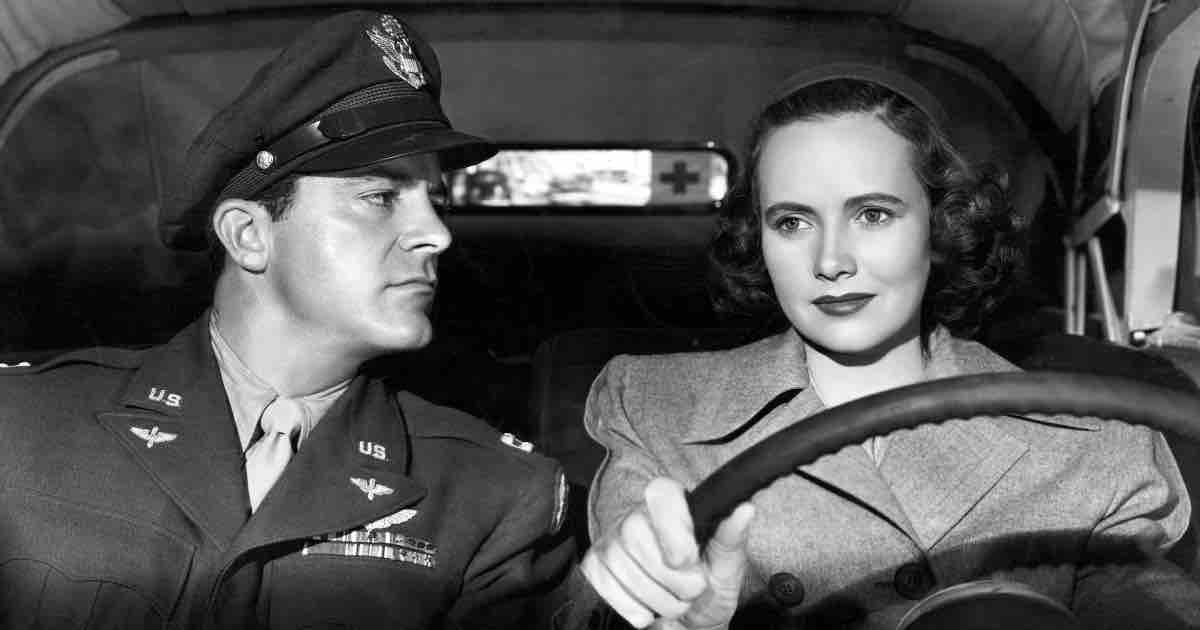
Drumroll! Sidney Lumet has crowned this as his all-time favorite film, according to a Sight & Sound director’s poll. It’s also a favorite of director Steven Spielberg. Now what’s so special about this flick? The Best Years of Our Lives is a touching tale of “post” World War II. It’s not about wartime “action.” It’s about the human story that happens “after.” What happens when three veterans return home to the USA after being overseas for war? Can they re-adjust to their families, friends, and community?
The Best Years of Our Lives was the biggest grossing film since Gone With the Wind in 1939. It was also one of the first 25 films to be chosen for preservation by America’s Library of Congress in 1989, which cites the film’s cultural, historical, and aesthetic significance. It’s an A+ drama that pulls at our heartstrings in a beautiful, bittersweet way. Watching this movie is like stepping back in time, with all of society’s hopes and struggles laid out honestly for all to see.
4. Odd Man Out (1947)
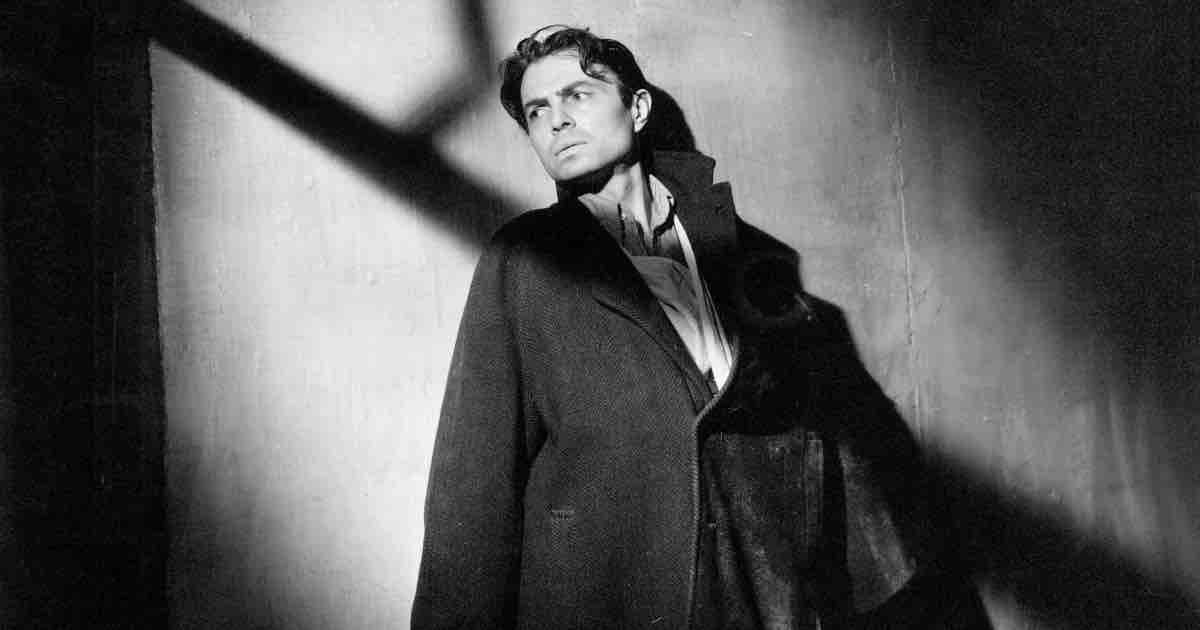
Cited by Lumet as “the first film that had a great impact on me,” Odd Man Out is a brilliant British film noir. James Mason stars as Johnny McQueen, a prison escapee and former member of the pro-Irish nationalist party. But he just can’t seem to avoid hot water. Set to rob a mill alongside two others, huge complications ensue when he does. Odd Man Out is full of all that black and white “shadowy” suspense that we adore in film noir. Oh, and we can’t forget the cigarette smoke.
James Mason is superb as the namesake “odd man out.” He’s charisma incarnate. We just can’t take our eyes off him. But will he emerge from all that hot water? Perhaps his love, Kathleen, can help? Important note – Odd Man Out was the first film to win a BAFTA for Best British Film. A BAFTA award is Great Britain’s equivalent to the American Oscar, and was launched in 1947.
5. Roma (1972)
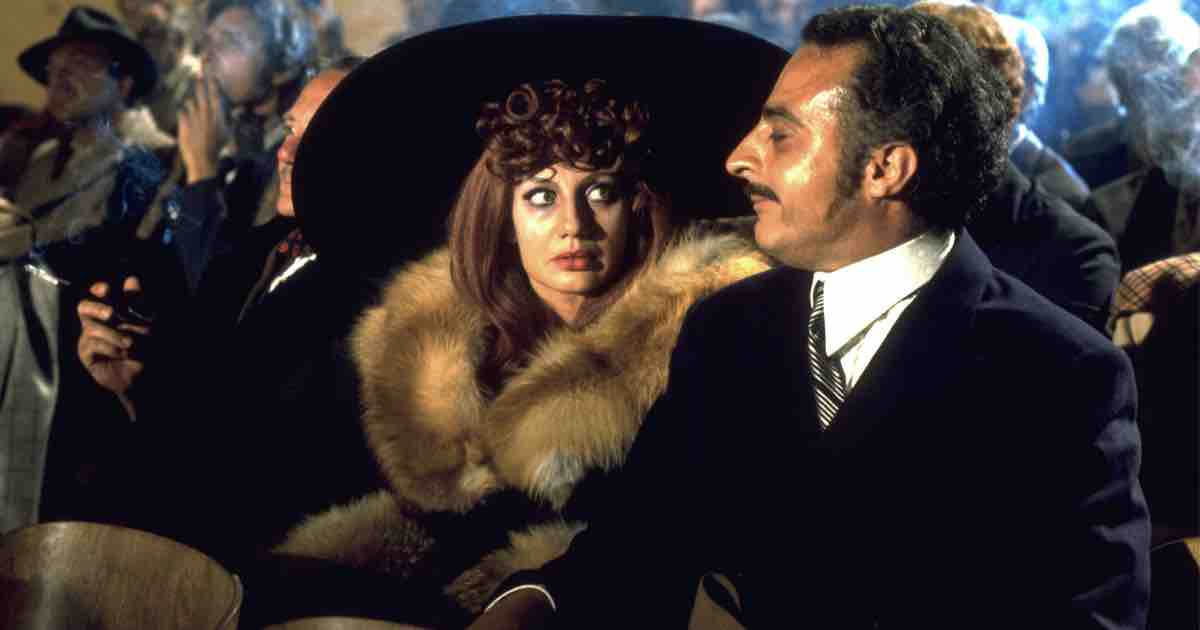
For those who love Lumet’s expert ability in creating “a location as character” (in his case New York City), look no further than Roma. Directed by acclaimed Italian powerhouse Federico Fellini, Roma is a supremely creative dramedy that is loosely based on Fellini’s own life. It’s taken from Fellini’s experiences of Rome both as a child in the 1930s and an adult in the 1970s. Episodic and sparse on character narrative, Roma is more about developing the “narrative” of this legendary ancient city as it evolves (or devolves?) through the 20th century.
Call it a “love letter” to Fellini’s iconic Rome. This film is colorful, visually exciting, atmospheric, and yet simultaneously gritty and thought-provoking. Psychedelic acid trip, anyone? Lumet is a huge fan of Fellini’s well-known and critically acclaimed film 8 ½ (1963), but Roma holds a special place in his heart. It’s easy to see why.
6. The Godfather (1972)
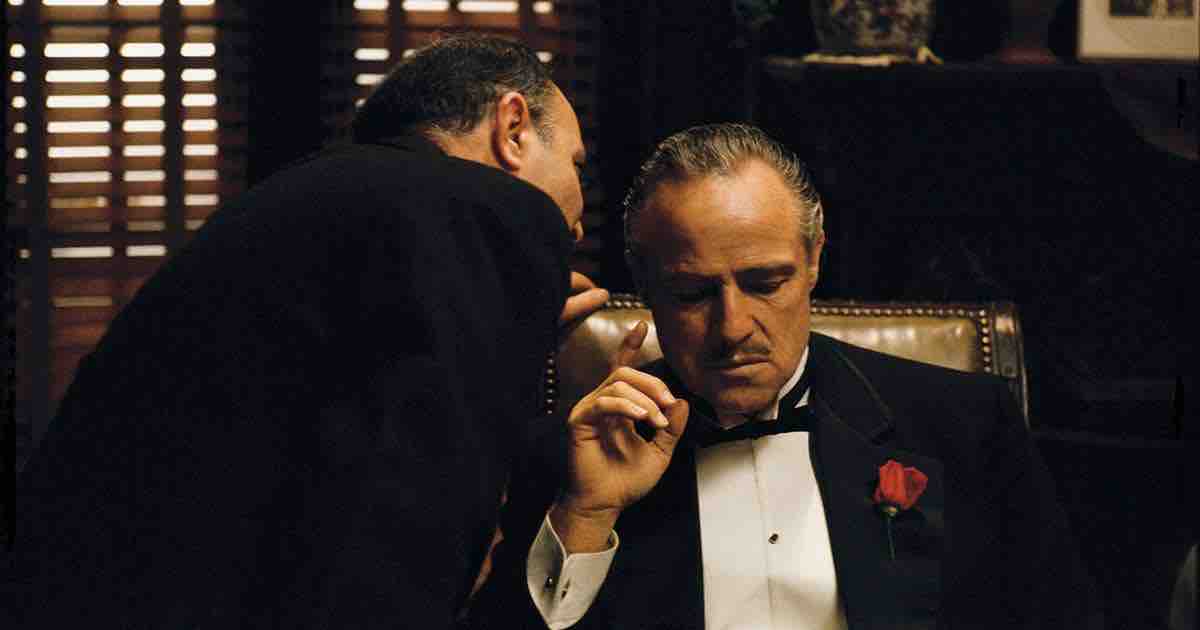
The Godfather is another film that consistently tops “Favorite Films” lists. It also has an interesting connection to Sidney Lumet. How so? Enter legendary actor Al Pacino. One could say that Al Pacino owes his movie career to two directors – Francis Ford Coppola who directed him in The Godfather, and Sidney Lumet who directed him in Serpico (1973) and Dog Day Afternoon (1975). It’s no surprise then that Lumet would love fellow New Hollywood director Coppola’s gritty, unflinching look at Italian organized crime in New York City. Lumet loves a “realistic” New York City story, and The Godfather is just that.
Starring legendary Marlon Brando in the title role, and Al Pacino as his son Michael Corleone, who “inherits” his dad’s dangerous business, The Godfather won 1973’s Best Picture Oscar. It also spawned one wildly successful sequel with The Godfather Part II (1974), the first sequel to win a Best Picture Oscar. All told, there are three films in The Godfather franchise, which are beloved and respected by many. Lumet is also a fan.
7. E.T. The Extraterrestrial (1982)

Who doesn’t love E.T.? And who doesn’t love director Steven Spielberg, whose beautiful sci-fi imagination is on full display in this film? Yes, E.T. even won the heart of “gritty, raw realism” director Sidney Lumet. A story about a lovable little alien who gets left behind on planet Earth, and becomes friends with three siblings in a small town, E.T. takes us on a fun, but dangerous journey. We are especially rooting for E.T. and Elliott, the boy who discovers E.T. and has a special “paranormal” connection to him. Can the kids keep E.T. safe from all the adult officers, agents, and scientists on their tail? And will E.T. ever make it home?
Memorable line – “E.T. phone home.” Charming, humorous, and appealing to both adults and children, E.T. is a definite must-see. It rocked the box office in the early 1980s, becoming the “highest grossing film of all time” and knocking Star Wars (1977) off its iconic sci-fi throne.
8. Ran (1985)
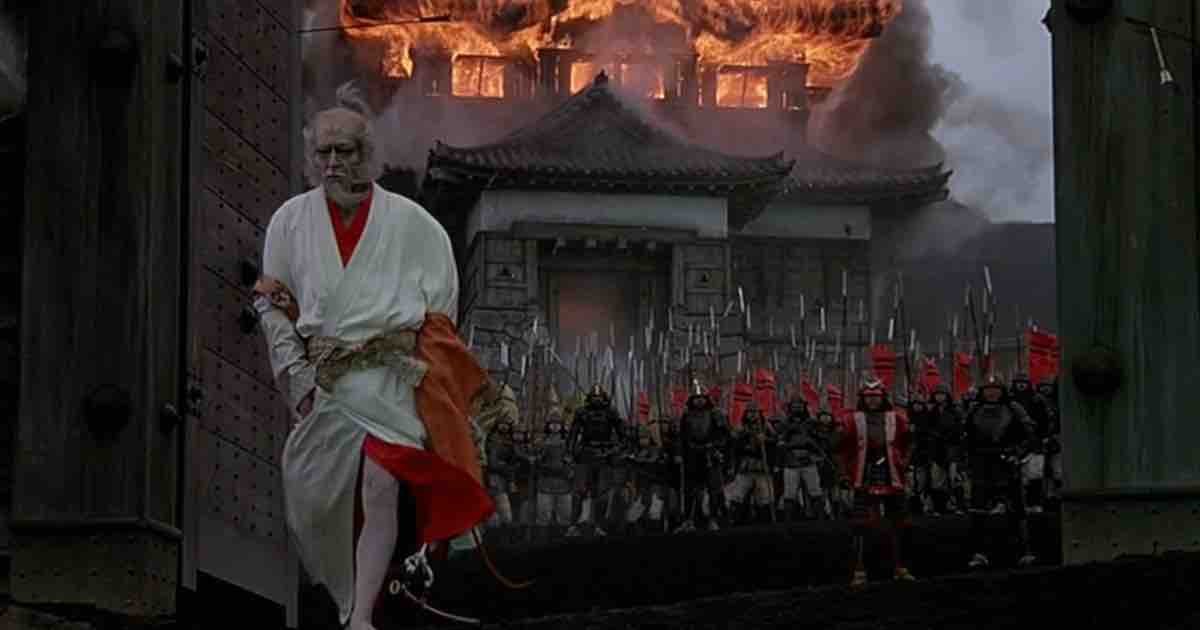
By all accounts, this is Sidney Lumet’s favorite Akira Kurosawa film. The “emperor” of Japanese cinema, known for directing such classics as Rashomon (1950) which is another Lumet favorite, and Seven Samurai (1954), Kurosawa was similar to Lumet in having an amazingly prolific, long standing career. Released in 1985, Ran is at the end of Kurosawa’s career. A uniquely memorable adaptation of Shakespeare’s play King Lear, it involves 16th century family feuds, military uprisings, and is known for having a breathtaking “painterly” visual quality.
Legend has it that Kurosawa was nearly blind when shooting, and spent nearly ten years storyboarding. He also utilized the traditional Japanese theatrical art form of Noh to transform this piece into the memorable classic that it is today. No doubt Lumet would appreciate this directorial skill and perseverance. Lumet was a huge admirer of Kurosawa.
9. Schindler’s List (1993)
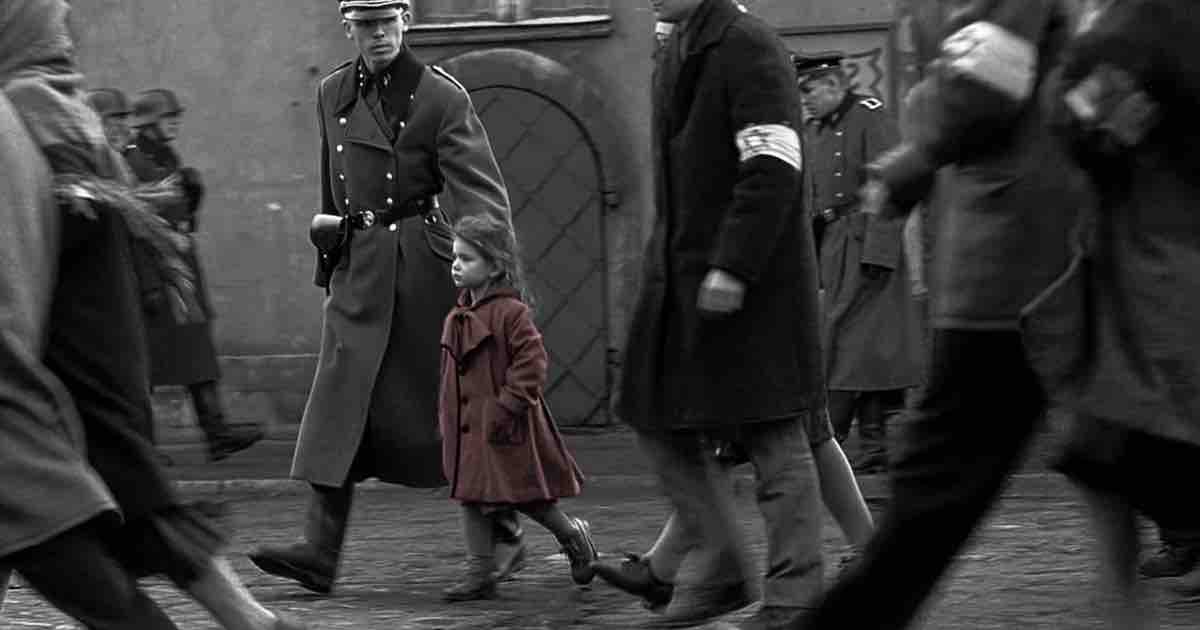
Here is perhaps the crown jewel of Steven Spielberg’s filmography. Winning seven Oscars including Best Picture, Schindler’s List often inspires quiet reverence among its audiences. It’s a historical drama/biopic chronicling real-life Oskar Schindler, a German member of the Nazi Party in World War II who reverses course and saves the lives of nearly 1,000 Jews with his “list.” Yes, it’s an actual list of Jewish people he decides to employ at his factory instead of sending them to a concentration camp.
Filmed documentary-style and in black and white (a rarity in 1990s cinema), and with a running time of 3 hours and 15 minutes (another rarity for Hollywood cinema), Schindler’s List is uniquely powerful. Lumet once described Spielberg as a “great” director. He said, “I think two of the greatest American movies ever made are E.T. and Schindler’s List. Those are two great movies in the classic sense of the word.”
Conclusion
There we have it! Sidney Lumet was revered for directing wonderfully bold, raw, and emotionally riveting films. In the 1970s he ushered in a new era of realistic, urban filmmaking that is still embraced today. And through the above films we learn about Lumet’s cinematic influences, loves, and socially-conscious spirit. From fellow New Hollywood director Steven Spielberg and Japanese directorial legend Akira Kurosawa to Italian directorial powerhouse Federico Fellini, and more, Sidney Lumet enjoyed a wealth of cinema. What to watch this Friday night? Thank you, Sidney Lumet, for this highly-respected list.

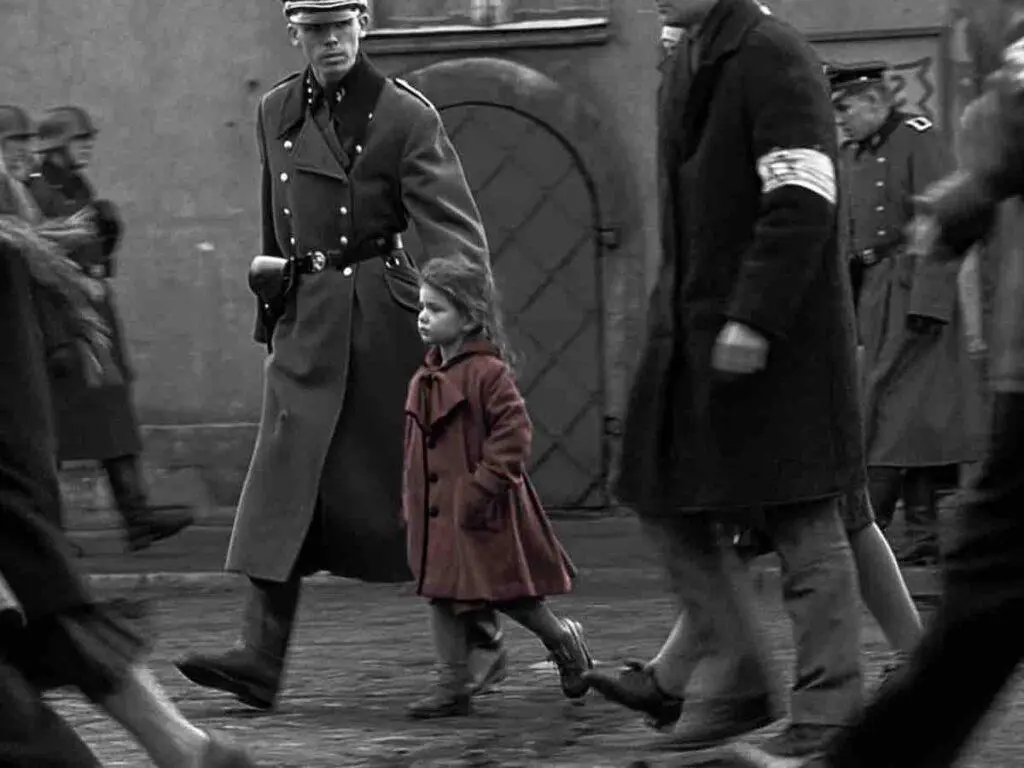

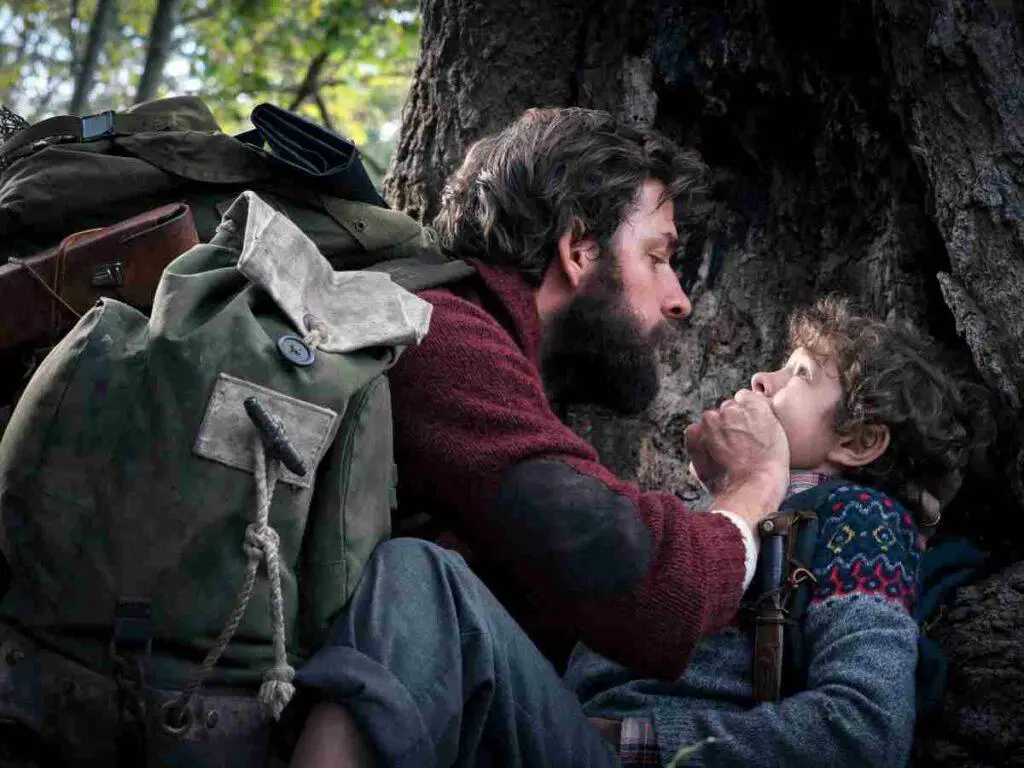
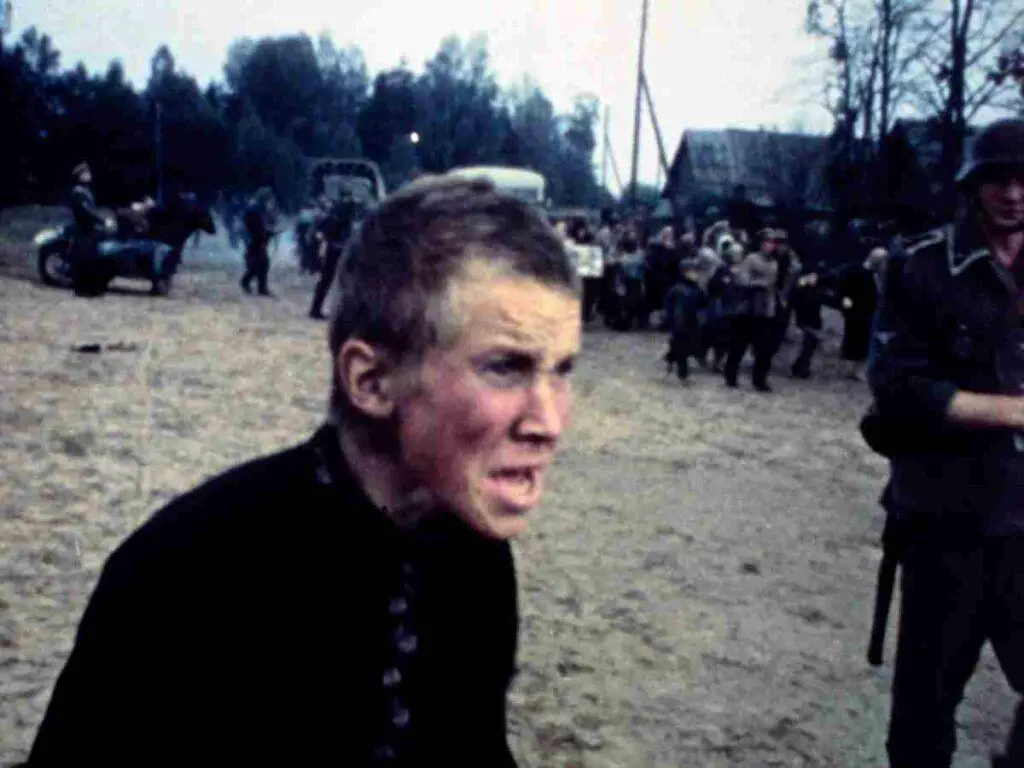
So many “must see” movies in one article!